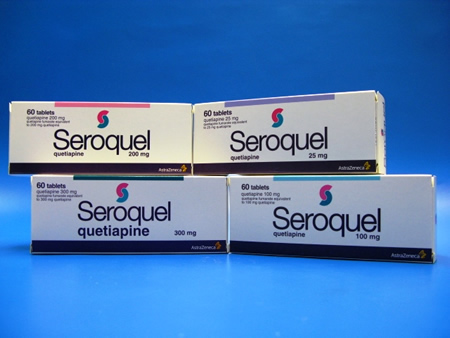WASHINGTON (Reuters) – More than 17,000 doctors and other healthcare providers have taken money from seven major drug companies to talk to other doctors about their products, a joint investigation by news organizations and non-profit groups found.
More than 380 of the doctors, nurses, pharmacists and other professionals took in more than $100,000 in 2009 and 2010, according to the investigation released on Tuesday. The report said far more doctors are likely to have taken such payments, but it documented these based on information from seven drugmakers.
The payments are not illegal and usually not even considered improper. But the investigation by journalism group ProPublica, Consumer Reports magazine, NPR radio and several publications showed doctors were sometimes urged to recommend “off-label” prescriptions of drugs, meaning using them for conditions they are not approved for.
And the report points to several studies showing that even small gifts and payments to doctors can affect their attitudes, and many companies have stopped giving out once-common gifts such as pens, cups and other objects carrying drug brand names.
“Tens of thousands of U.S. physicians are paid to spread the word about pharma’s favored pills and to advise the companies about research and marketing,” the group says in its report, available here
The groups used information from seven drugmakers — AstraZeneca, Cephalon, GlaxoSmithKline, Johnson & Johnson, Eli Lilly, Merck and Pfizer.
“Some of the companies were forced to disclose this information as a result of legal settlements; others released it voluntarily,” Consumer Reports said.
It said more than 70 other pharmaceutical companies have not disclosed payments made to doctors, although the healthcare reform law passed in March will require them to do so by 2013.
“This investigation begins to pull back the shroud on these activities,” Dr. John Santa, director of the Consumer Reports Health Ratings Center, said in a statement.
“The amount of money involved is astounding, and the ProPublica report’s account of the background of some of the physicians is disturbing.”
Read moreReport: Drug Companies Pay More Than 17,000 US Doctors For Drug Marketing
